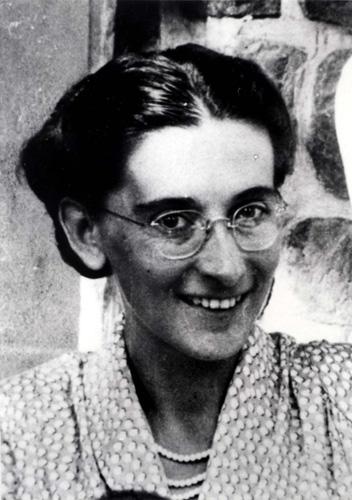

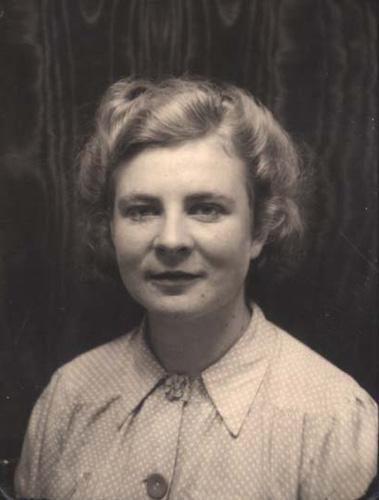

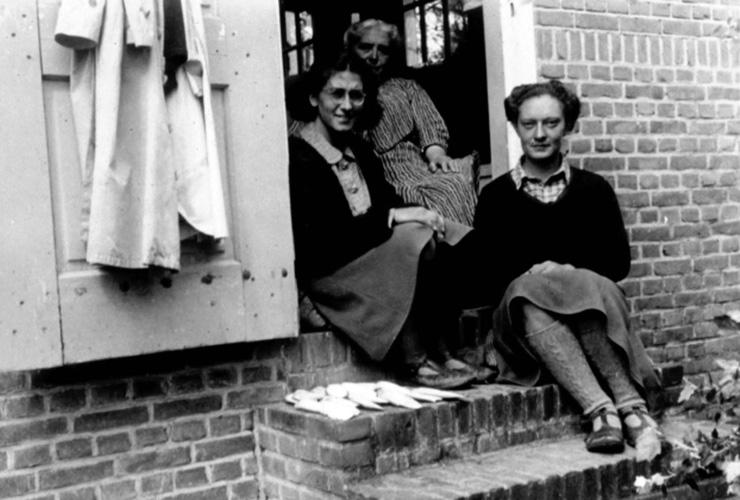

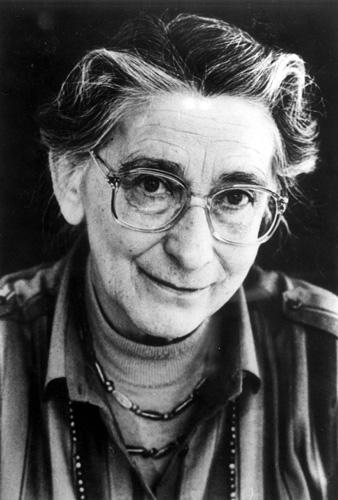

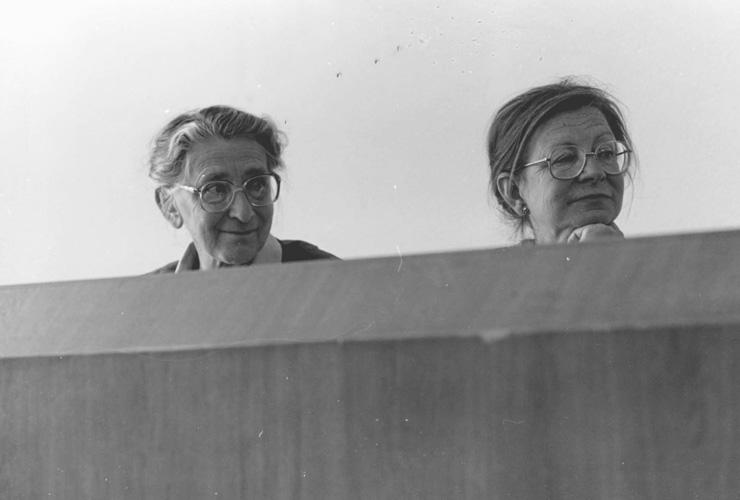

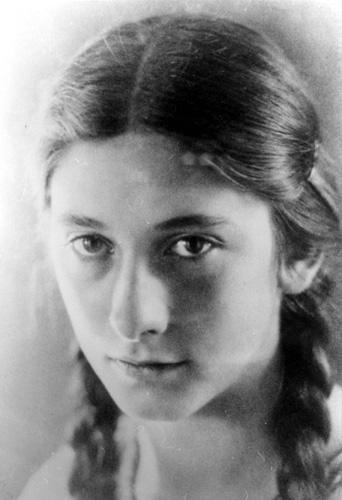

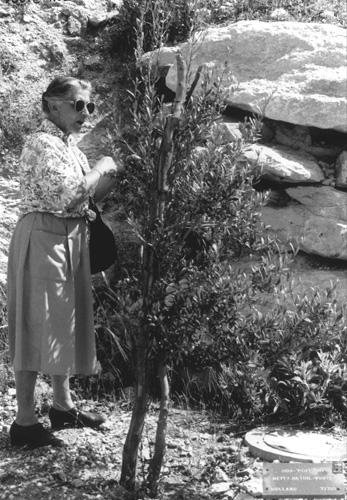

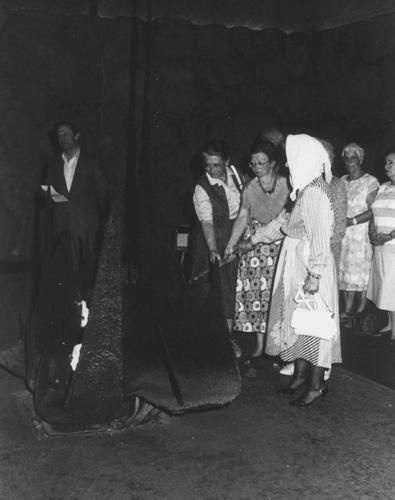

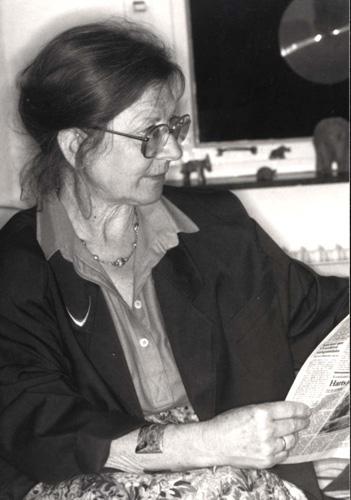

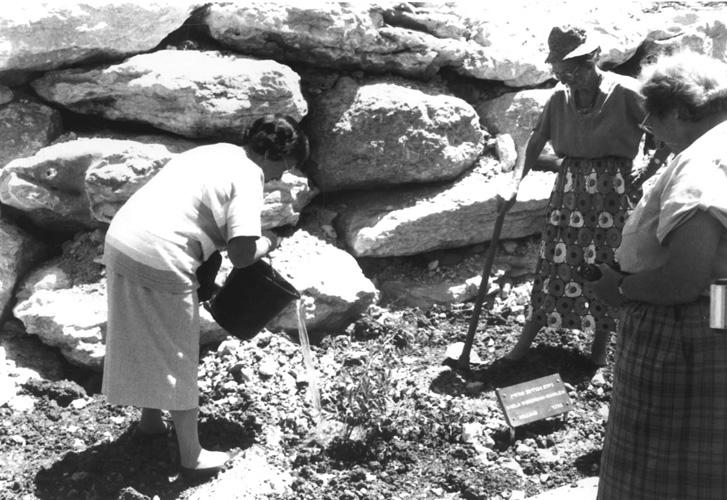

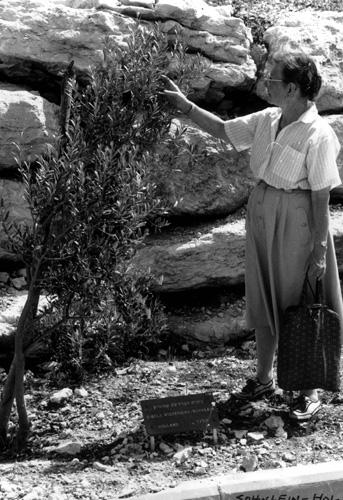

Sunday to Thursday: 09:00-17:00
Fridays and Holiday eves: 09:00-14:00
Yad Vashem is closed on Saturdays and all Jewish Holidays.
Entrance to the Holocaust History Museum is not permitted for children under the age of 10. Babies in strollers or carriers will not be permitted to enter.






















When the deportations from Amsterdam began, a collection point for Jewish children was established in the so-called the Crèche – what had been a day care center for the children of mostly Jewish working mothers. Once caught, children were separated from their parents. The parents were brought to the Jewish Theatre – Amsterdam’s main assembly point for Jews – and all the captured children were put across the street, in the Crèche. From there they were taken to the transit camp of Westerbork, where they would await deportation to the death camps. Henriette Voute, Gisela Wieberdink-Soehnlein and other underground activists managed to spirit some of the children out of the Crèche in potato sacks, milk cans, laundry bags and using ingenious and inconceivable methods. Once they had freed the children, they would then bring them to families to be sheltered.
The stories of these two courageous women reflect the realities of rescue networks. In view of the danger, rescue attempts were naturally conducted in secret. While most rescuers acted alone, obliged to hide the deeds from their surroundings and with only their closest family members being privy to the secret, we know of groups who joined forces in order to save Jews. Henriette Voute and Gisela Wiberdink-Soehnlein belonged to such networks. Here are their stories:
Henriette Voute
When Holland was occupied, Hetty Voute studied biology at the University in Utrecht. Coming from a deeply anti-Nazi family - her two brothers founded the first Dutch resistance newspaper – she soon became involved in underground work. With a fellow student she got involved in finding families to hide Jewish children that were sent through Joop Westerweel's group – a resistance network of Jews and non-Jews that found shelter for hundreds of children.
In August 1942, Hetty and her friend joined the Utrecht Children’s Committee. She performed different tasks that put her in grave danger: she would escort children and place them with Dutch families, and when no hiding place was available, give some of them temporary shelter at her parents home; since food was rationed, she combed the country in search of ration cards to feed the hidden children; from November 1942 she took charge of the organization's administration and the lists where all the children's names and hiding places were registered in code.
Although she narrowly escaped arrest in February 1943 and had to go into hiding, Hetty Voute resumed her resistance work. But several months later she and her friend, Gisela Soehnlein, were caught, interned in prison and ended up in Ravensbrueck concentration camp for women. Even in the camp the two activists demonstrated great courage, and helped fellow prisoners to keep up their spirit. Both women survived and after the war published the songs they had written during their incarceration in the camp.
On 24 March 1988 Yad Vashem recognized Henriette Voute as Righteous Among the Nations.
Gisela Wieberdink-Soehnlein
Following the death of her father, Gisela Wieberdink-Soehnlein and her mother emigrated from their native country Chile and settled in Utrecht in the Netherlands. When the country was occupied by Germany in 1940, Gisela was a law student at the university of Amsterdam. She became deeply involved in rescue activity and served as liaison between two underground organizations that concentrated mainly on rescue of children: the Utrecht Children’s Committee and the Amsterdam Student Group. Gisela would travel between the two cities, passing messages and information as well as accompanying children to safe houses. Anita Mayer, one of the children she had accompanied, testified how Gisela took her on the train to Eindhoven, where she was put with a family that sheltered her until the end of the war.
Gisela Wieberdink-Soehnlein was arrested in June 1943 with Henriette Voute. They were interned first in Vught in the Netherlands and then sent to Ravensbrueck concentration camp for women. Even at the camp, the two activists demonstrated great courage, and helped fellow prisoners to keep up their spirit. Both women survived and after the war published the songs they had written during their incarceration in the camp.
On 24 March 1988 Yad Vashem recognized Gisela Wieberdink-Soehnlein as Righteous Among the Nations.

Thank you for registering to receive information from Yad Vashem.
You will receive periodic updates regarding recent events, publications and new initiatives.

"The work of Yad Vashem is critical and necessary to remind the world of the consequences of hate"
Paul Daly
#GivingTuesday
Donate to Educate Against Hate


Worldwide antisemitism is on the rise.
At Yad Vashem, we strive to make the world a better place by combating antisemitism through teacher training, international lectures and workshops and online courses.
We need you to partner with us in this vital mission to #EducateAgainstHate
The good news:
The Yad Vashem website had recently undergone a major upgrade!
The less good news:
The page you are looking for has apparently been moved.
We are therefore redirecting you to what we hope will be a useful landing page.
For any questions/clarifications/problems, please contact: webmaster@yadvashem.org.il
Press the X button to continue



